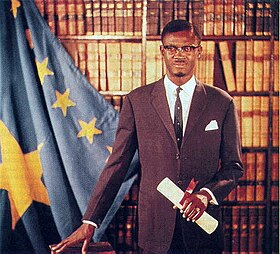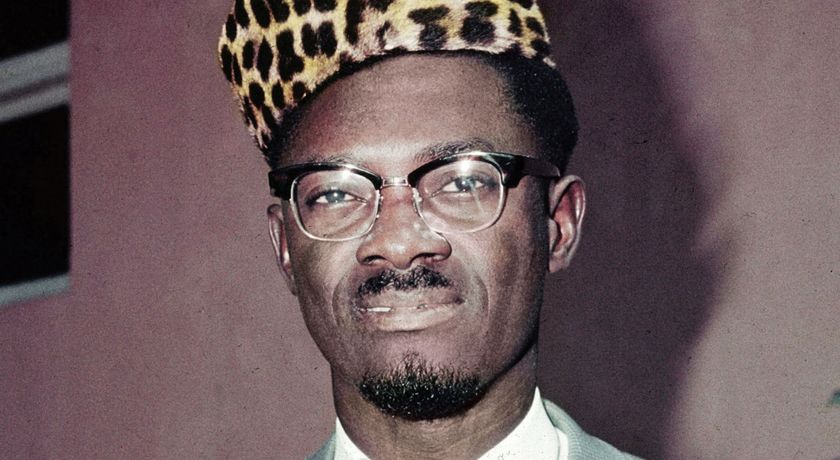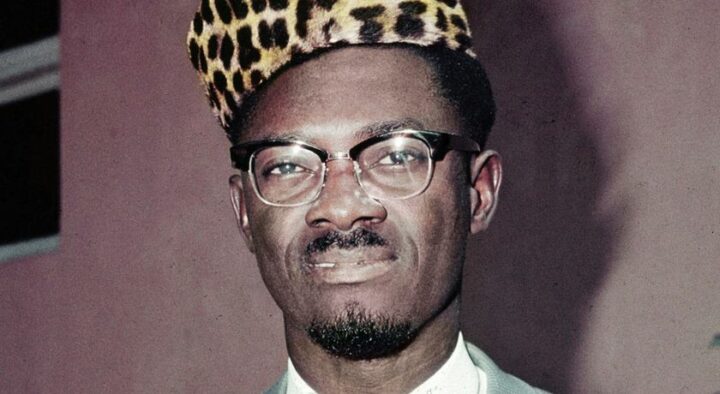Patrice Lumumba was born on July 2, 1925, in the village of Onalua in the Kasai province of what is now the Democratic Republic of Congo (DRC). He was a passionate and ambitious young man who quickly rose through the ranks in his early career. He began with modest beginnings working as a postal clerk and later as a beer salesman. His ability to connect with people and his fervor for justice paved the way for his future in politics.
Lumumba’s entry into politics was marked by his charismatic leadership and dedication to the Congolese cause. He became an influential figure in the push for independence from Belgian colonial rule. In 1958, he founded the Mouvement National Congolais (MNC), a political party advocating for Congo’s autonomy and unity. His efforts weren’t just about gaining independence; they were aimed to foster a sense of national pride and self-reliance among Congolese people.
In 1960, the DRC achieved independence, and Lumumba was elected as the country’s first Prime Minister. His tenure, although short-lived, was characterized by his fierce nationalism and his vision for a united, self-governing Congo free from external interference. This vision resonated with many Africans who saw Lumumba as a beacon of hope and an emblem of anti-colonial resistance.
Lumumba’s legacy is profound. He is remembered not only as a leader who dared to stand up against colonial oppressors but also as a martyr for the cause of African independence. His life and work continue to inspire movements for justice, freedom, and unity across Africa.
The Struggle for Independence
Before Lumumba’s rise, the Congo was under Belgian colonial rule, marked by exploitation and severe oppression. The Congolese were subjected to harsh labor conditions and denied basic civil rights. These are conditions marked by every African on the continent or in the diaspora. Lumumba’s leadership emerged as a light for change in this bleak landscape.
Lumumba didn’t just step into politics; he charged in with determination and a clear mission. Founding the Mouvement National Congolais (MNC) in 1958 was a pivotal moment. This party advocated for immediate and total independence from Belgium, emphasizing unity and nationalism. Lumumba’s ability to galvanize support from diverse ethnic groups set him apart from other leaders who primarily focused on regional interests.
The momentum for independence grew, and in the elections of May 1960, the MNC won a significant number of seats in parliament. This victory was more than a political win; it was a sign that the Congolese people were ready to take control of their destiny. With Lumumba’s leadership, the people were ready to take full control of their lives and nation.
On June 30, 1960, Congo officially gained its independence, with Lumumba becoming the first Prime Minister.
His independence speech, delivered on the day of liberation, is particularly notable. Unlike the more conciliatory tones of other leaders, Lumumba spoke candidly about the brutal realities of colonialism. He pledged a new era of freedom and dignity. This speech not only stirred the hearts of Congolese but also caught the world’s attention, marking the beginning of a new chapter in African self-determination. In a world where Africa’s poverty became a necessity for the west’s success, plenty of attention came to Lumumba’s speech.
Patrice Lumumba’s Vision and Impact
During his short tenure as Prime Minister, Patrice Lumumba was steadfast in his dedication to creating a truly independent Congo. He envisioned a nation free from external interference, striving for economic self-reliance and political unity. This vision wasn’t just theoretical; it was practical and deeply rooted in Pan-African ideals.
As mentioned, one of the defining moments of Lumumba’s career was his independence speech. Delivered on June 30, 1960, this speech was a bold declaration against the atrocities of colonialism. Unlike other leaders who opted for diplomatic language, Lumumba fearlessly highlighted the wrongs inflicted upon the Congolese people and charted a path toward a future of dignity and self-respect.

His commitment to Pan-Africanism extended beyond Congo’s borders. He sought to build solidarity among newly independent African nations, believing that unity was essential to resisting neocolonial influences. Lumumba’s approach resonated with many African leaders, reinforcing the Pan-African movement across the continent.
Even after his departure from office, Lumumba’s ideals continued to influence Congo’s politics and African nationalism as a whole. His vision for unity and self-determination became a blueprint for future generations. Today, his speeches and writings are studied not just for their historical significance but also for their relevance to ongoing struggles for freedom and justice.
Martyrdom and Enduring Symbolism
Patrice Lumumba’s life was tragically cut short, but his legacy endures. On January 17, 1961, Lumumba was assassinated. His death is widely believed to have been orchestrated by Western powers, particularly Belgium and the United States. This coordinated effort to silence and even eliminate Lumumba was due to his staunch anti-colonial stance. This worried the western power, in addition to Lumumba’s refusal to align with Western geopolitical interests.
The assassination wasn’t just a personal loss; it was a blow to the burgeoning independence movement across Africa. However, rather than silencing Lumumba’s ideals, his death turned him into a martyr. His steadfast commitment to sovereignty and justice made him a poignant symbol of resistance against external domination and neocolonialism. Lumumba’s story continues to inspire those fighting for freedom and self-determination worldwide.
Patrice Lumumba Biography: Who Was Patrice Lumumba
Significantly, Lumumba’s assassination cast a long shadow over Congo and its subsequent political trajectory. The instability and conflicts that followed are often linked to the power vacuum created by his removal. Nevertheless, his influence persists in the hearts and minds of the Congolese and others who look up to him as a symbol of steadfast resistance and uncompromising integrity.
Today, Patrice Lumumba’s legacy is honored in various ways—from statues and monuments to educational initiatives and cultural references. His life and work serve as a reminder of the cost of freedom and the unyielding spirit required to challenge injustice. Lumumba’s dream of a unified, independent Congo remains a guiding light for many, making him an enduring figure in the global struggle for equality and human rights.
 Rise in Power, brother Patrice.
Rise in Power, brother Patrice.
This post is sponsored by our good friends at WA; turn your hobbies, passions, and extracurricular activities in a content incubator for others to become inspired. Visit WA-Site Rubix today and get a free account for your journey!
Thank you for being here; stay black, get radical!
#blackradicals
